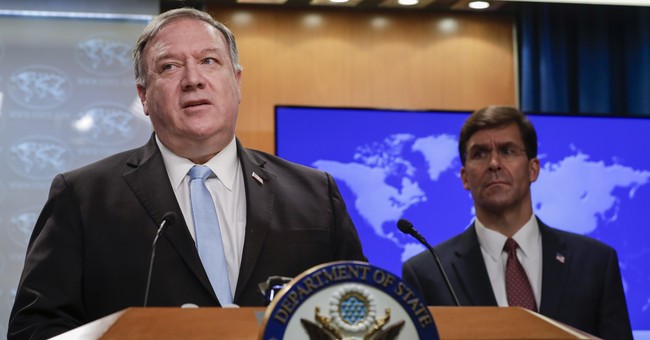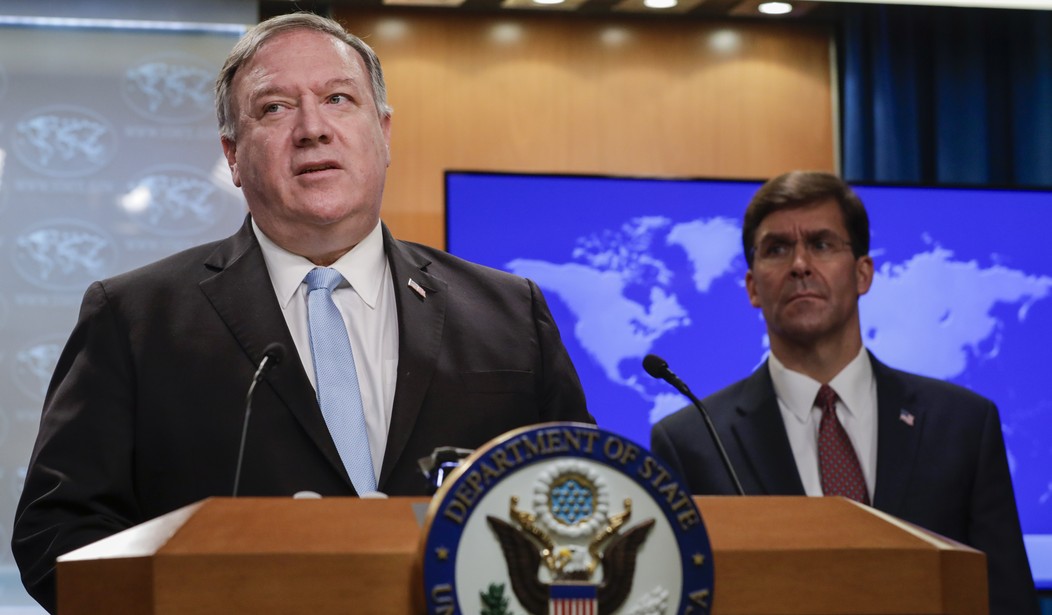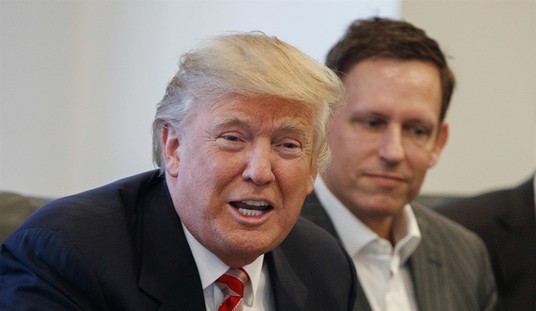
Accusations are already flying that one side or the other may not accept the outcome of the coming 2020 presidential election, and of course the world is well aware of charges that foreign influence may have attempted to interfere in the last election including via online propaganda efforts.
But this time, the State Department is serious about making sure that any allegations of election tampering are mitigated, presumably in an attempt to dissuade serious allegations of interference and post-election cries of erroneous results. And they’re doing it the old fashioned way: money.
On Wednesday, the State Department offered a reward of up to $10 million “for information leading to the identification or location of any person who works with or for a foreign government for the purpose of interfering with U.S. elections through certain illegal cyber activities.”
That’s a lot of green for a little snitching. And, given cybercriminals and their associates aren’t known to be the most ethical of actors, it’s a smart move on the part of State.
REWARD UP TO $10 MILLION: @StateDept's @RFJ_USA is offering a reward for info leading to the ID or location of those working w/ or for foreign govts to interfere w/ US elections using illegal cyber activities. https://t.co/53Qx9LPJR6 #Election_Reward #Protect2020 @WHNSC https://t.co/WEy4FDw9Cr
— statedeptdss (@StateDeptDSS) August 5, 2020
Working through their Rewards for Justice program — an anti-terrorism program that’s been in operation since 1984 — State is putting cybercriminals working for foreign nations on notice.
The ability of persons, as well as foreign powers, to interfere in or undermine public confidence in United States elections, including through the unauthorized accessing of election and campaign infrastructure, constitutes an unusual and extraordinary threat to the national security and foreign policy of the United States (Executive Order No. 13848, September 12, 2018). For example, foreign adversaries could employ malicious cyber operations targeting election infrastructure, including voter registration databases and voting machines, to impair an election in the United States. Such adversaries could also conduct malicious cyber operations against U.S. political organizations or campaigns to steal confidential information and then leak that information as part of influence operations to undermine political organizations or candidates.
The Trump administration has become quite clever in using past and preexisting programs and legislation to address some of the after effects of 8 years of “progressive” governance.













Join the conversation as a VIP Member